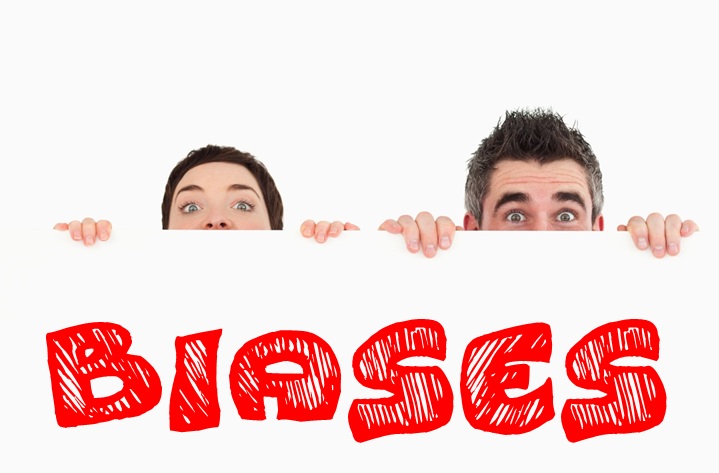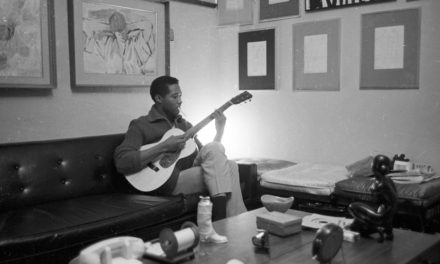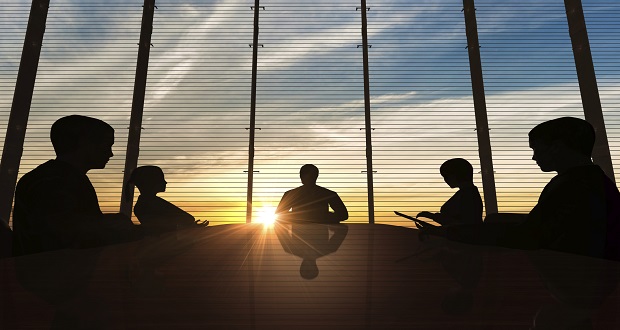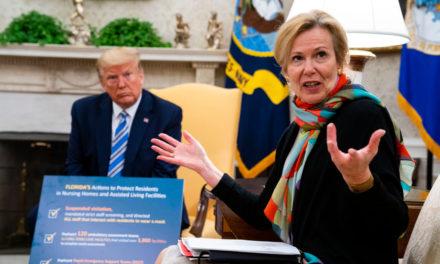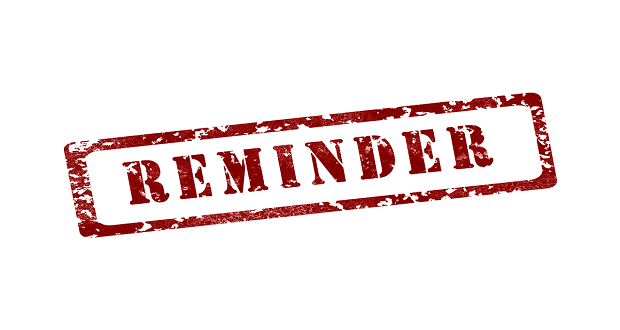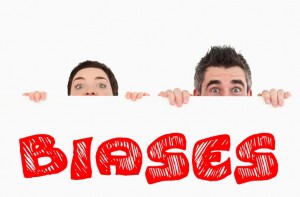 Several weeks ago I had an enlightening, although embarrassing, experience that after I shared with only a few people I thought, “I’ll just tuck this memory away in the ‘embarrassment corner’ of my mind and hope it doesn’t surface again.” But after some thought, the ripeness of the lesson learned and the power of confession convinced me to share it with all of you.
Several weeks ago I had an enlightening, although embarrassing, experience that after I shared with only a few people I thought, “I’ll just tuck this memory away in the ‘embarrassment corner’ of my mind and hope it doesn’t surface again.” But after some thought, the ripeness of the lesson learned and the power of confession convinced me to share it with all of you.
My lesson came from Twitter (and if you know me, I’m a self-professed Twitter addict) and I was probably tweeting about incredibly important global events, like how great bacon is or how sad I am Breaking Bad is over, when I found myself in an engaging conversation with someone I had never met. My favorite thing about Twitter is how quickly you can connect with random people that love, or sometimes hate, your ideas. If you’re unfamiliar with Twitter, these connections work by someone from your “followers” “retweeting” or sharing your thoughts with all of their followers. And then the beautiful chaotic conversations ensue. Twitter’s ability to unite people around ideas, and not relational ties, gives it potential to create dialogue and friendships across barriers that other social networks don’t.
Although I can’t remember exactly what my new “follower” and I were discussing that day, I do remember being drawn to their personality, sense of humor and intellect and so I started following them as well. They didn’t have a profile picture in their bio so I didn’t know what my new friend looked like. I did know, that like me, they were an educator (they had “Dr.” in their bio and we had discussed our class room struggles a few times). But everything else about this person was purely guesswork. And without me even realizing it, I had put my new friend into neat categories based on arbitrary information. In my mind, I thought I was talking to a young, black, heterosexual male who worked in education. My mind associated the “Dr.” in their bio with being male, I assumed their style of language and use of slang meant they were young, their tweets about how attractive other women were meant heterosexual and our discussions around hip hop, basketball, and popular culture made me think they were black. I told you this was embarrassing.
So how does someone who teaches sociology, and even consults on diversity and inclusion, make such reckless assumptions about a person based on such unfounded stereotypes? I should know better right? The answer is unconscious bias. If you are unfamiliar with this term, unconscious bias is the result of the brain’s natural function of collecting bits of information about the world based on experience. The brain’s job is to make sense of lots of information at one time. The problem is the information we receive about the world is largely biased. My exposure to white supremacy, masculinity, sexuality, race and culture influences the way I perceive people. As I said before, I didn’t even realize I had put this person into all of these categories. I only realized my error one day when another follower referenced my friend as “her” (you can imagine all my preconceived assumptions crashing into each other). In my confusion, I went back through several of my friend’s tweets to “get to the bottom of” who they were. With my new information about their gender I finally realized how foolish all of my assumptions were.
Without thinking much about it, my shame and shock at being so wrong led me to confess my ignorance to my friend. Fortunately, their generous spirit and sense of humor made my confession a fruitful, and even funny, teaching moment. She even admitted that her original decision of anonymity for professional reasons became a kind of personal experiment with several others who, like me, had been “caught” by similar assumptions. This was not only a lesson in unconscious bias, but also in how to be a better person. The race, age, gender, and sexual orientation of my friend didn’t matter. What mattered was that this person was an interesting, thoughtful, beautiful human being that, even in a small way, was now part of my life. I hope that confessing my biases encourages you to be more honest about your own hidden assumptions about the world and that my friend’s generous, empathetic spirit inspires us all to practice the same when we are on the receiving end of stereotypes. Confronting the reality of our biases and being compassionate in the long process of undoing them is how we create an experience of the world that is more true, free and fulfilling.

